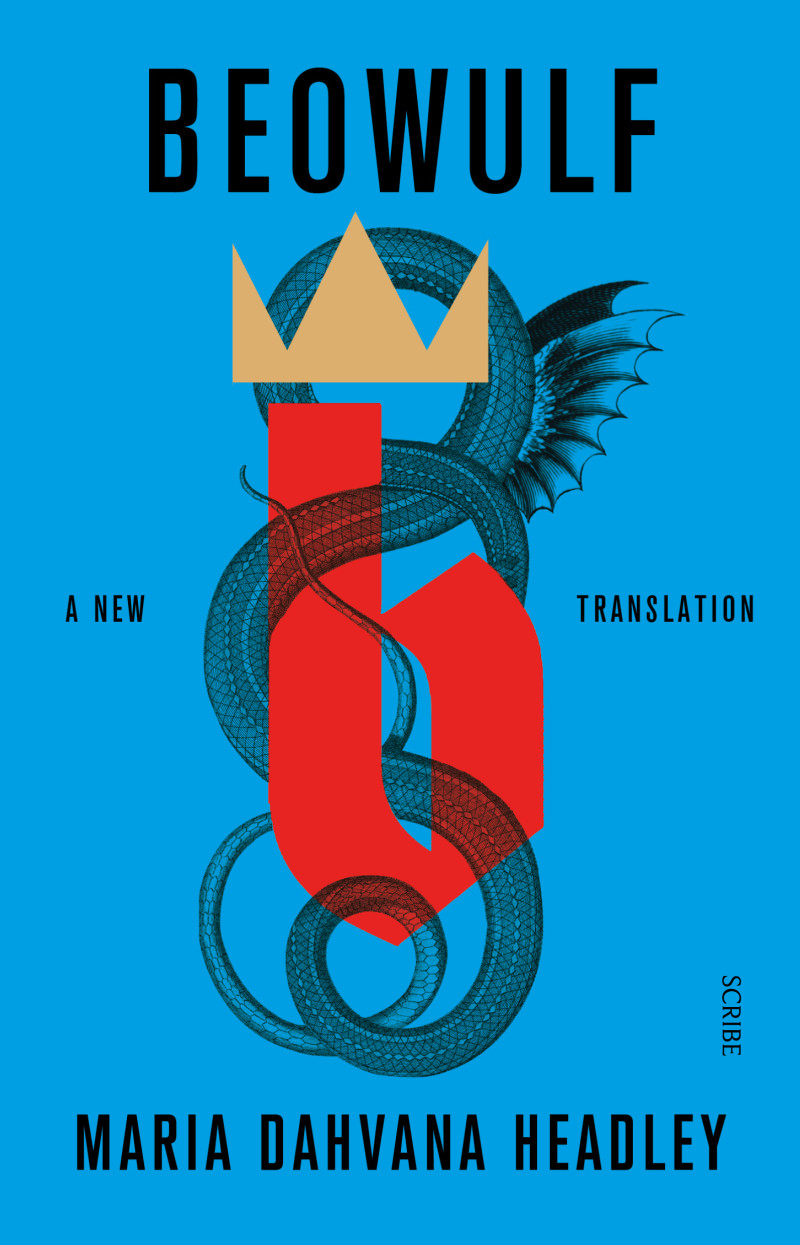 I bought The Archer at a brick and mortar store and flipped through the pages in the aisle. So the length didn’t bother me. But browsing online comments makes it clear that not all readers were aware of the length before buying. Put concretely, I read the book in forty minutes while sipping tea—which slows reading speed.
I bought The Archer at a brick and mortar store and flipped through the pages in the aisle. So the length didn’t bother me. But browsing online comments makes it clear that not all readers were aware of the length before buying. Put concretely, I read the book in forty minutes while sipping tea—which slows reading speed.
Category: Literary Fiction Reviews
A review of Love Objects by Emily Maguire
 Though Love Objects shines a bright light on everyday misogyny, institutionalised sexism and classism, it is not the least bit polemical. Love Objects is as engaging a novel as I’ve read, full of beauty – some of it very subtle – including the deep love between the main characters, and a rich sense of what remains when you strip away judgement and artifice, moving towards an almost exuberant affirmation of life and love.
Though Love Objects shines a bright light on everyday misogyny, institutionalised sexism and classism, it is not the least bit polemical. Love Objects is as engaging a novel as I’ve read, full of beauty – some of it very subtle – including the deep love between the main characters, and a rich sense of what remains when you strip away judgement and artifice, moving towards an almost exuberant affirmation of life and love.
A review of Third Eye Rising by Murzban F. Shroff
 Seamlessly, these stories jigsaw together to show the startling offshoots of the traditions of India: the greater freedom of husbands than wives; the camaraderie of male drinking and its hazardous spill into families; the ways wealth and poverty bedevil relationships; the unslakable appetites evoked by success; the homely places where love thrives.
Seamlessly, these stories jigsaw together to show the startling offshoots of the traditions of India: the greater freedom of husbands than wives; the camaraderie of male drinking and its hazardous spill into families; the ways wealth and poverty bedevil relationships; the unslakable appetites evoked by success; the homely places where love thrives.
New giveaway!
 We have a copy of The Curator’s Daughter by Melanie Dobson to give away!
We have a copy of The Curator’s Daughter by Melanie Dobson to give away!
To win, sign up for our Free Newsletter on the right hand side of the site and enter via the newsletter. Winner will be chosen by the end of March from subscribers who enter via the newsletter. Good luck!
A review of Tears of Amber by Sofia Segovia
 Sofia Segovia uses interior monologue, an excellent technique for showing readers what goes on in characters’ hearts and minds. Sometimes, though, the time shifts in a character’s thoughts make the story hard to follow. In some sections it takes careful reading to distinguish between the recent past and the less recent past. Segovia could have put the wartime parts of the story in the present and the older characters’ memories in the past, but perhaps use of the present would have spoiled the story’s “once upon a time” quality.
Sofia Segovia uses interior monologue, an excellent technique for showing readers what goes on in characters’ hearts and minds. Sometimes, though, the time shifts in a character’s thoughts make the story hard to follow. In some sections it takes careful reading to distinguish between the recent past and the less recent past. Segovia could have put the wartime parts of the story in the present and the older characters’ memories in the past, but perhaps use of the present would have spoiled the story’s “once upon a time” quality.
A review of How to be Australian by Ashley Kalagian Blunt
 Of course every migrant’s experience is different, but Ashley’s story is one that’s both poignant and often hysterically funny. Like a Canadian Bill Bryson, she shines a light on the distinctive Aussie culture that locals take for granted, but also renders those quirks hilarious and also painful in a way that only comes with a kind of deep-seated observation edged with love.
Of course every migrant’s experience is different, but Ashley’s story is one that’s both poignant and often hysterically funny. Like a Canadian Bill Bryson, she shines a light on the distinctive Aussie culture that locals take for granted, but also renders those quirks hilarious and also painful in a way that only comes with a kind of deep-seated observation edged with love.
A review of The Lying Life of Adults by Elena Ferrante
 Though set in Naples, The Lying Life of Adults is not about friends rising from the slums, as in Ferrante’s Neapolitan Quartet. Nor is it about the value of returning to one’s roots. Giovanna, the narrator-protagonist, who is twelve to sixteen during the novel’s time frame, is being raised in a progressive way by her middle-class, secular, intellectual parents.
Though set in Naples, The Lying Life of Adults is not about friends rising from the slums, as in Ferrante’s Neapolitan Quartet. Nor is it about the value of returning to one’s roots. Giovanna, the narrator-protagonist, who is twelve to sixteen during the novel’s time frame, is being raised in a progressive way by her middle-class, secular, intellectual parents.
A review of Snowdog by Kim Chinquee
 This is a quietly impressive collection for lovers of the flash form, the traditional short story, and of poetic form. It is for dog-lovers, for mothers and lovers, and those for whom the routines, landscape, and concept of domesticity implies a multitude of contradictions and simultaneous truths. In her poised expressions and riddle-like compositions, we come to know the many dimensions of this Kim Chinquee/Elle character and her relationships.
This is a quietly impressive collection for lovers of the flash form, the traditional short story, and of poetic form. It is for dog-lovers, for mothers and lovers, and those for whom the routines, landscape, and concept of domesticity implies a multitude of contradictions and simultaneous truths. In her poised expressions and riddle-like compositions, we come to know the many dimensions of this Kim Chinquee/Elle character and her relationships.
A review of Beowulf, a New Translation by Maria Dahvana Headley
 What the book shows clearly is that human nature and its relationship to the world is timeless, and Beowulf is also a story about modern life. We may not have literal dragons, but we have plenty of bar-room bombast, metaphorical monsters, and enough inequality to make Beowulf as relevant a tale as it ever was. This is a version that is highly recommended, not so much to ensure you’re up with your classic education, but rather, for the sheer pleasure of the story and its execution.
What the book shows clearly is that human nature and its relationship to the world is timeless, and Beowulf is also a story about modern life. We may not have literal dragons, but we have plenty of bar-room bombast, metaphorical monsters, and enough inequality to make Beowulf as relevant a tale as it ever was. This is a version that is highly recommended, not so much to ensure you’re up with your classic education, but rather, for the sheer pleasure of the story and its execution.
A review of Love After Love by Ingruid Persaud
